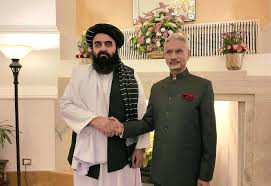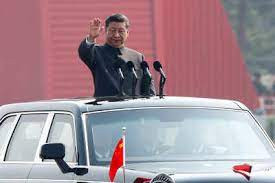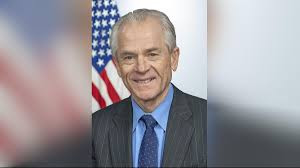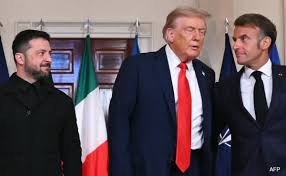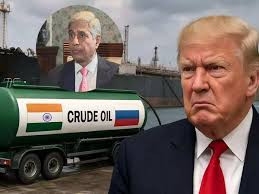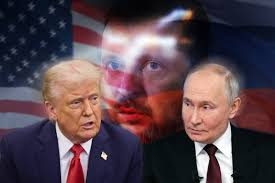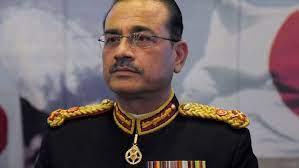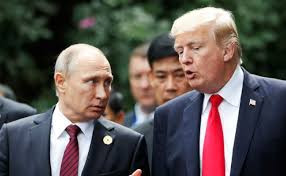Donald Trump Defends Steep Tariff Plans: ‘We Want to Make Tanks, Not T-Shirts’
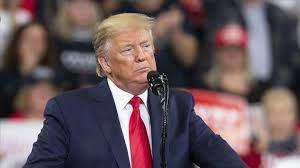
IIE DIGITAL DESK : Former U.S. President Donald Trump has reignited the economic debate ahead of the 2024 presidential election by vocally defending his proposed sweeping tariffs on foreign imports, claiming they are essential to protect American industry and national security. In a recent interview, Trump quipped, “We want to make tanks, not t-shirts,” underlining his belief that the U.S. should prioritize strengthening its defense and industrial base rather than relying on cheap overseas goods.
The remark came as Trump was elaborating on his plan to impose a 10% universal tariff on all imports into the United States if he wins a second term. Additionally, he proposed a 60% tariff on all Chinese goods, a figure that economists and critics alike have called “extraordinarily aggressive.” Trump, however, defended the move as necessary to restore America’s manufacturing might and reduce the trade deficit with China.
“This is about economic independence,” Trump said in an interview with Fox Business. “We cannot allow China or any country to undercut our industries and weaken our national security. We need to bring jobs back. We want to make tanks, not t-shirts — that’s how you keep America safe and strong.”
Trump’s comments triggered a flurry of reactions from both political allies and opponents. Supporters see it as a bold and patriotic vision that echoes his “America First” agenda from his previous term. They argue that heavy tariffs will not only boost domestic production but also reduce America’s reliance on geopolitical rivals like China.
However, critics warn that such a sweeping tariff policy could backfire, increasing costs for American consumers and provoking retaliatory actions from trade partners. Economists caution that a blanket 10% import tax would effectively function as a broad tax increase on American households, especially lower-income families that rely on inexpensive imported goods.
“There’s a reason the U.S. hasn’t adopted a flat import tariff in modern times,” said trade expert Douglas Irwin. “It would raise prices, disrupt global supply chains, and could lead to trade wars that damage both the U.S. economy and international relations.”
Business leaders, particularly in the retail and tech sectors, have also expressed concern. The U.S. Chamber of Commerce issued a statement calling for “balanced and thoughtful trade policies” that don’t undermine consumer choice or stoke inflation.
But Trump has remained undeterred. He emphasized that the tariffs would be used as leverage to negotiate better trade deals, especially with countries like China, which he accuses of manipulating currency and engaging in unfair trade practices.
“This isn’t about isolation — it’s about strength,” Trump said. “We’ve seen what happens when our factories shut down and our defense industries shrink. We’re not going to let that continue.”
Trump’s remarks also appear to be aimed at energizing his political base, especially voters in key industrial states like Pennsylvania, Michigan, and Ohio. These are regions that saw a decline in manufacturing jobs over decades and where Trump’s tough stance on trade proved popular in the 2016 and 2020 elections.
With the 2024 race heating up, Trump’s tariff policy is expected to be a cornerstone of his campaign, drawing a stark contrast with President Joe Biden’s more multilateral approach to global trade.
While Trump’s “tanks not t-shirts” slogan may strike a chord with patriotic voters, its broader economic impact is likely to be fiercely debated in the months ahead — by policymakers, economists, and voters alike.
You might also like!


